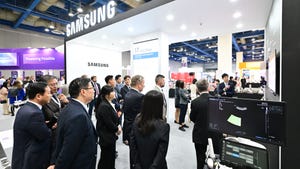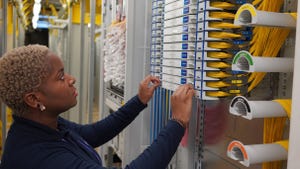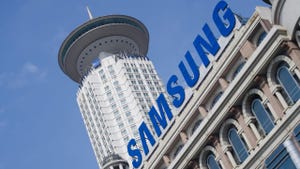News
Laptop computer displaying logo of WideOpenWest 
Cable Technology
DigitalBridge, Crestview make a play for WideOpenWestDigitalBridge, Crestview make a play for WideOpenWest
WideOpenWest plans to create a committee of independent directors to evaluate a proposal from DigitalBridge Investments and multiple Crestview entities to acquire shares not owned by Crestview for $4.80 per share in cash.
Subscribe and receive the latest news from the industry.
Join 62,000+ members. Yes it's completely free.















.jpg?width=300&auto=webp&quality=80&disable=upscale)


















.jpg?width=300&auto=webp&quality=80&disable=upscale)

















